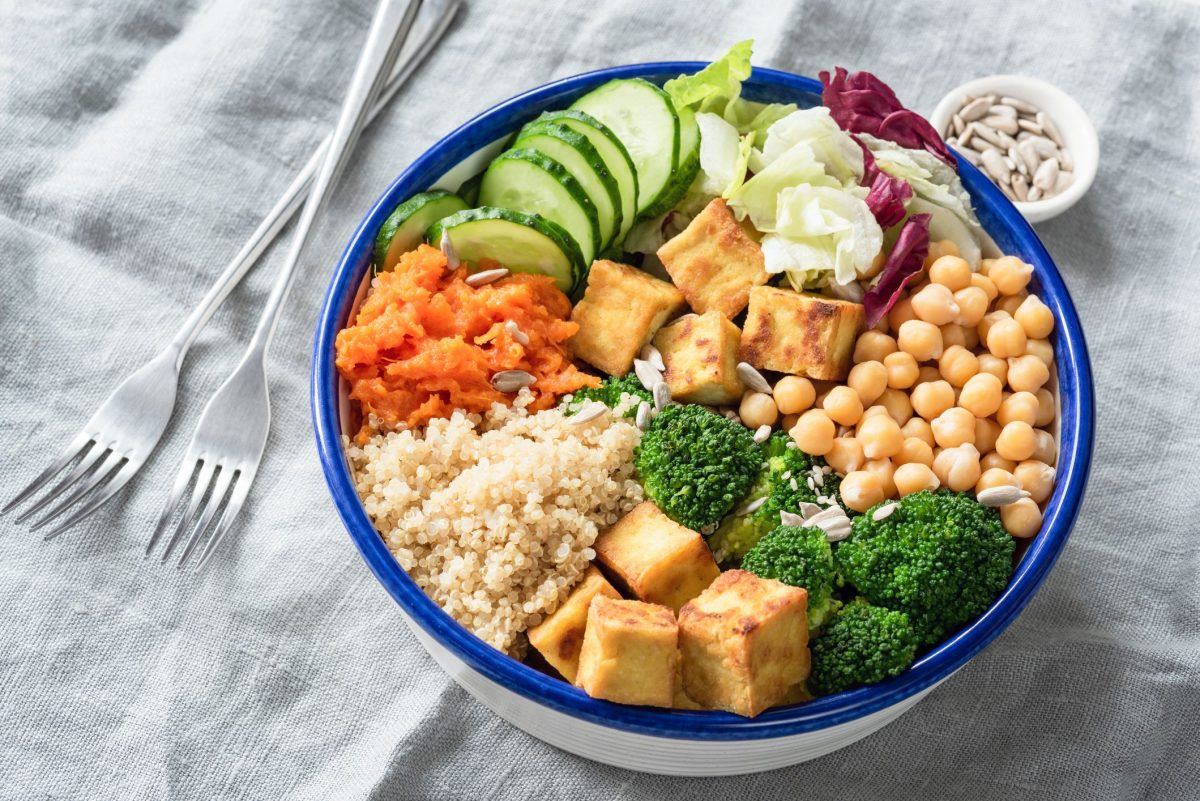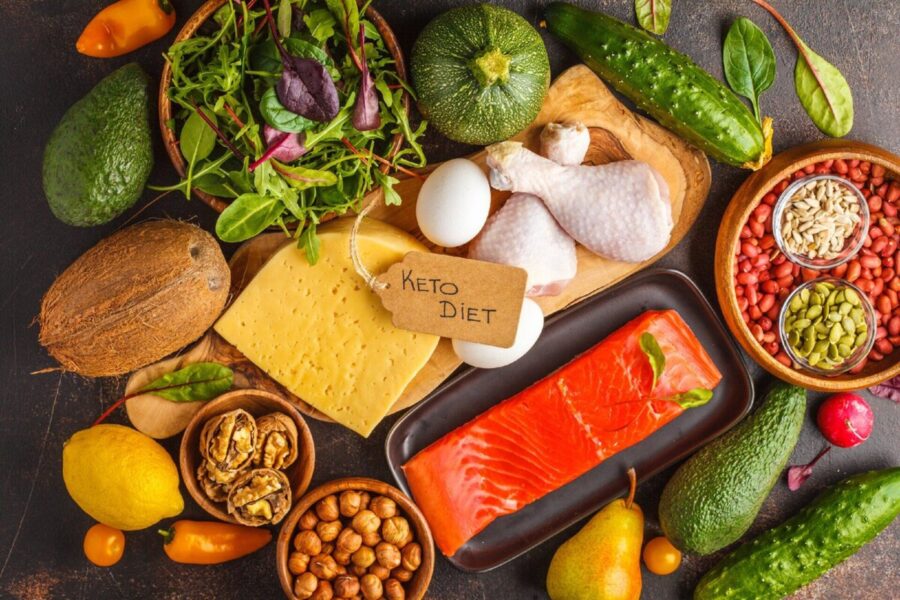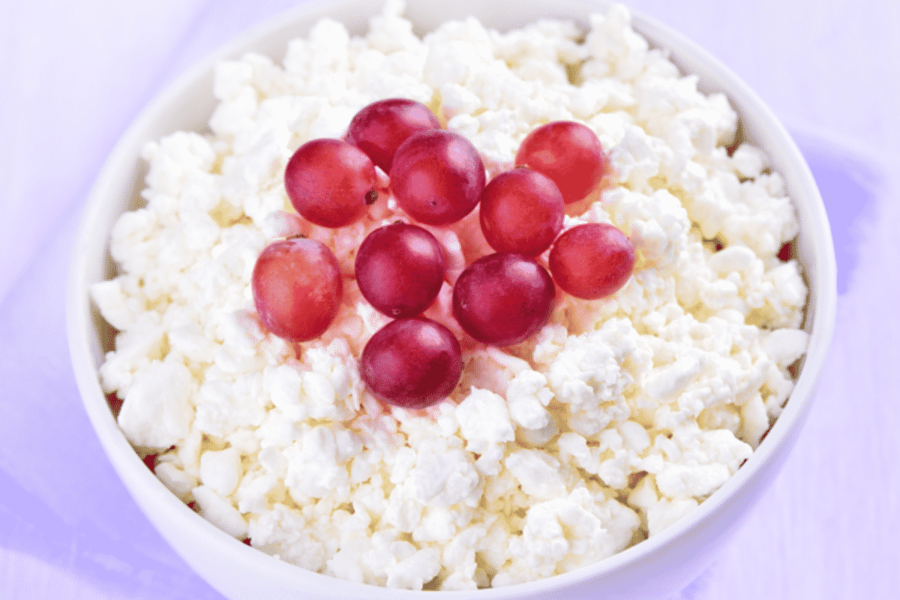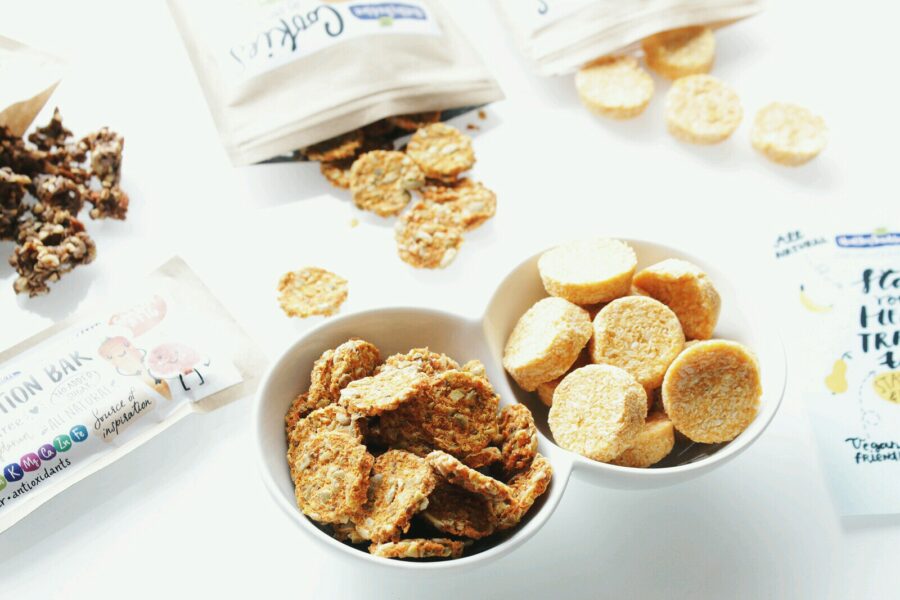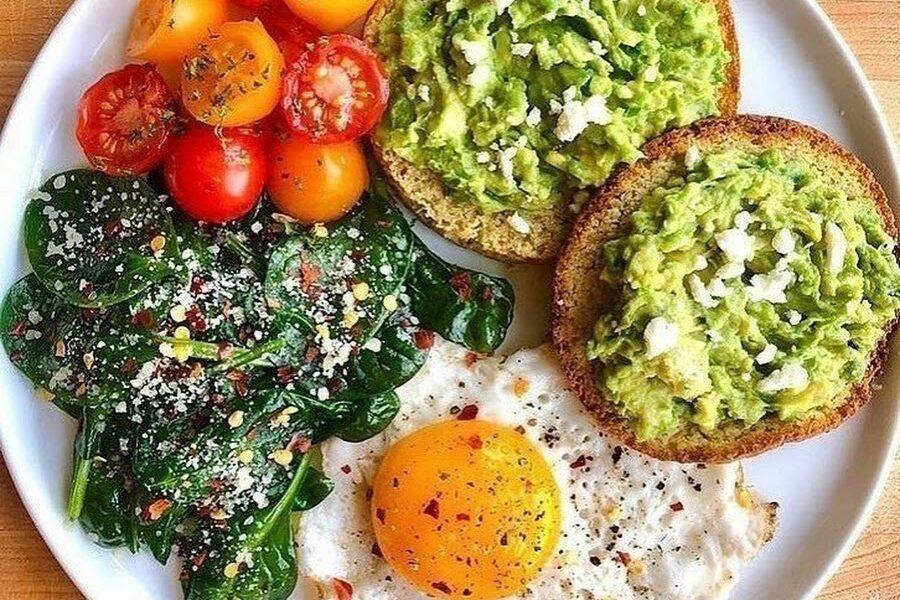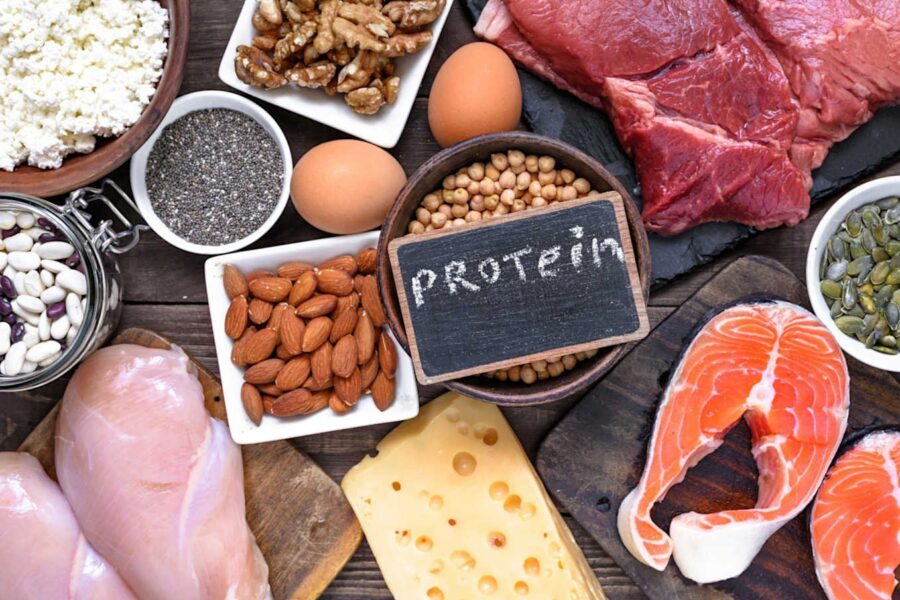Veganism is a lifestyle choice that more and more people are making. Despite their rise in popularity, most think of vegans as animal rights activists or modern day hippies. And that, most likely, vegans have a poor diet due to a strict diet of tofu and lentils, as well as salad. Despite the stereotype, over the past few years, more and more sports stars and famous athletes have made the decision to become “herbivores” and follow a vegan diet.
Recently it became known that two vegetarian sailor brothers Greg Bailey and Jude Messi are preparing to cross the Atlantic. They plan to eat exclusively a diet rich in lentils, soybeans and vegetables. If successful, the British brothers, who plan to live on a freeze-dried diet on their 3,000-mile vegan journey, will be the pioneers. However, while veganism began to gain popularity, concerns were raised. Many people and scientists argue that a diet that restricts meat, fish, and dairy cannot be good for human health.
The power of plant foods
Vegan diets can make it difficult to get enough calories, especially if energy expenditure is high. For athletes who train a lot, this can be a problem. That’s why in my latest article, I set out to find out if a vegan diet can really give an athlete everything they need for optimal training levels. And my conclusions certainly gave food for thought.
Previous research has shown that vegans can consume less protein and fat. How do you get enough vitamin B12 found in meat, fish and dairy products? After all, its deficiency can lead to anemia, weakness and mood changes.
Research has also shown that a vegan diet may be low in omega-3 fatty acids. These acids are found in nuts, seeds, and oily fish (such as salmon). You also need calcium and iodine, which is found in dairy products. Instead, plant-based diets tend to be higher in carbohydrates, fiber, and other important vitamins and minerals.
For such an extreme challenge of crossing the Atlantic on a vegan diet, which would result in very high energy expenditure, getting enough calories would be a top priority. My research shows that vegan diets are high in fiber. This helps you feel full. It is important to find ways to consume enough calories. Eating energy-rich snacks like nuts and dried fruits is one way to do this. An additional option is to increase the frequency of meals.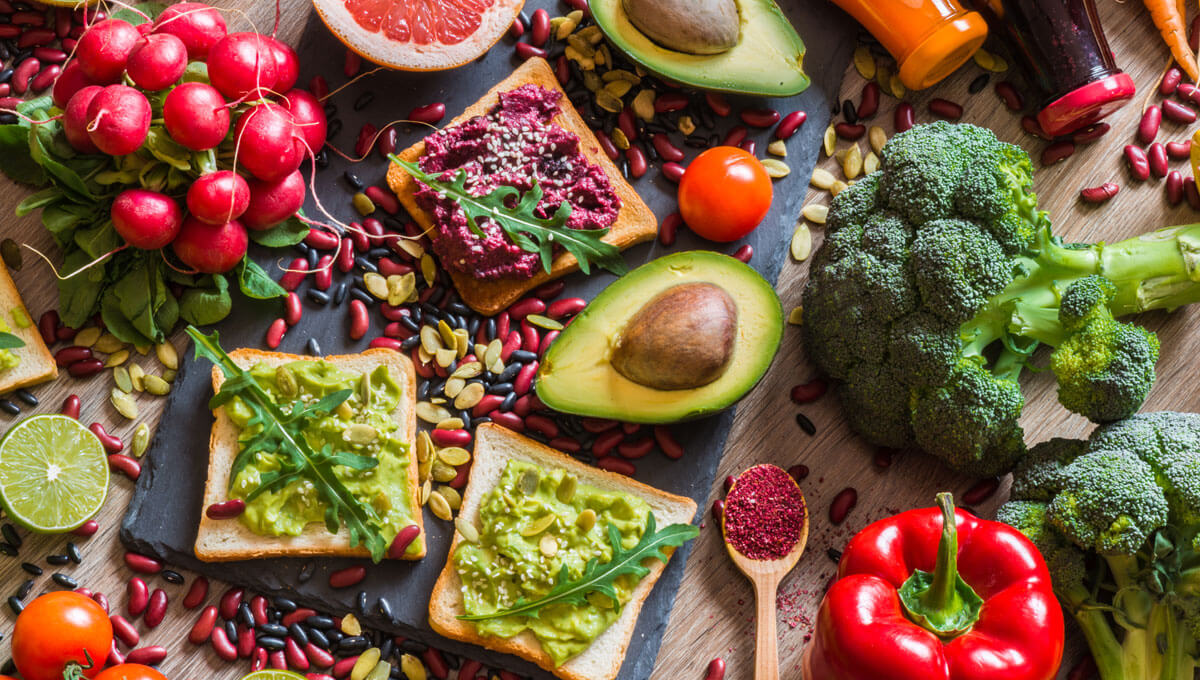
Where to get protein?
Protein is essential for healthy skin and muscles, and for athletes to recover from workouts. But getting enough protein on a vegan diet isn’t as important as you might think. Especially if enough calories are consumed. While it has been suggested that vegetarians and vegans may need slightly more protein than omnivores, the main concern for navigators will be to ensure they eat protein-rich foods on a daily basis.
Organic compounds called amino acids are the building blocks of protein. Amino acids are found in all protein foods such as meat and beans. However, many plant-based protein sources do not contain all of the essential amino acids. But a vegan diet can get enough of them if the food is varied and energetically appropriate. Legumes such as beans, lentils, peas; and grains such as rice, oats, wheat are rich in protein with complementary amino acid profiles. Eating these foods throughout the day will ensure that your protein and amino acid requirements are met.
With energy and protein in mind, the next major concern of a vegan diet is getting enough micronutrients. While vitamin B12 can be supplemented with a daily tablet or injection, other nutrients such as calcium, iron, zinc, and iodine can be easily obtained with careful planning of the daily diet. Foods like flaxseeds and walnuts are also important parts of a vegan diet. It is a good source of omega-3s along with algae supplements that help control inflammation and promote healing. Obviously, being a vegan and being an athlete at the same time is possible. It just requires careful planning.
Brothers planning to cross the Atlantic on a vegan diet will have to put up with wild winds and stormy seas almost every day. It seems that getting enough energy would be the least of their problems.
